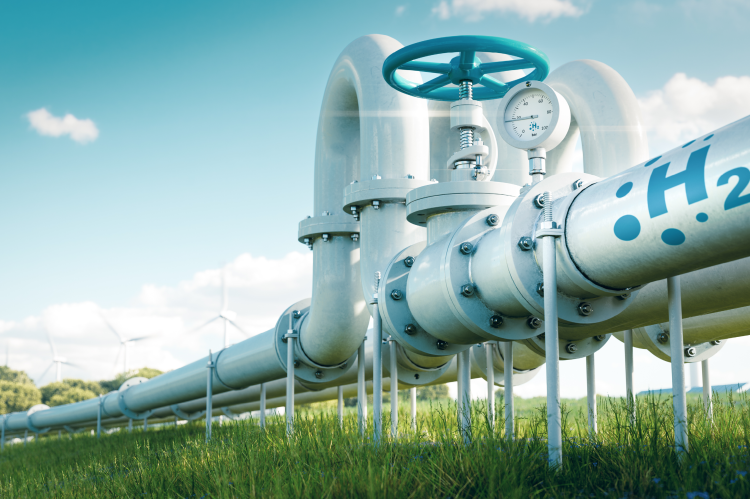German Hydrogen Network Plans Face Uncertainty as Demand Projections Falter

Germany's ambitious plans to build a nationwide hydrogen network could be overshooting future demand, potentially leading to billions in wasted investment.
The research, commissioned by a group of gas storage operators and released Thursday, January 4, casts doubt on a cornerstone of Berlin's clean energy strategy - a 20-billion-euro (US$22.3 billion) project to construct a 9,700 km hydrogen pipeline network.
The network proposal, outlined by gas pipeline operator FNB Gas last November, anticipated hydrogen consumption to reach 279 terawatt hours (TWh) per year by 2032. However, the new study by energy consultancy Aurora, presented by the storage group INES, paints a far more modest picture.
Aurora's analysis suggests actual hydrogen demand will be significantly lower, ranging between 73 and 123 TWh by 2030. This lower demand could be met with just a fraction of the import capacity envisioned by the FNB plan, according to the study.
"Aurora's short analysis illustrates how big the uncertainties in network planning still are and how big a risk it is that overcapacities could be developed which would never be utilised," said Sebastian Heinermann, director of INES.
The FNB plan relies heavily on repurposing existing gas pipelines, with a target of converting 60% of the current network.
However, with the market for hydrogen still in its early stages, Aurora recommends the government prioritize exploring domestic storage options as a potentially more cost-effective investment.
The findings add to the growing debate over the best path for Germany's green hydrogen ambitions. The clean fuel is seen as a critical element in the country's decarbonization efforts, but concerns about cost, infrastructure, and long-term demand are hindering its rapid deployment.
With billions of euros at stake, Berlin faces a crucial decision in the coming months as it determines how to allocate funding for its hydrogen development plans. Balancing ambition with realism will be key to ensuring a successful transition to a clean energy future.

